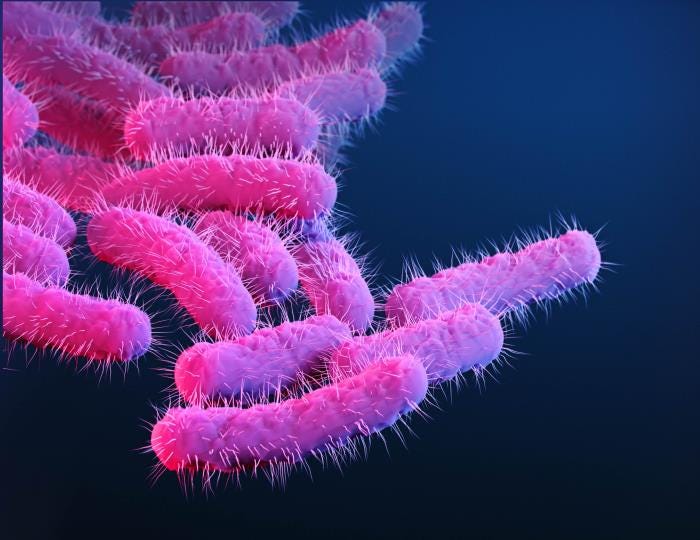Health officials in Santa Cruz County are reporting an increase in cases of Shigella sonnei since late January, primarily identified among individuals experiencing homelessness.
Twenty seven cases have now been identified based on clinical findings and/or testing, with 16 of these cases confirmed by laboratory results. Seven affected individuals have been hospitalized, and there are no known deaths due to this outbreak.
However, officials say cases continue to spread geographically, and the affected population now includes cases outside of the encampments that were initially identified as transmission sites.
Subscribe to Outbreak News TV on YouTube
Shigella bacteria spread easily from one person to another because it takes as few as 10 germs to make you sick. Infections can be subclinical or self-limiting. Typical symptoms last 5-7 days and include watery or bloody diarrhea, abdominal pain, fever, and malaise. Some infections can be quite severe, especially in young children, the elderly, and the immunocompromised. Severe symptoms can include dehydration, bacteremia, and seizures. Most people get better after about one week but can be sick longer or become dehydrated and need medical care.
People can also be contagious even after feeling better. The germs can spread when someone with Shigella does not wash their hands well after using the toilet then contaminates objects, food or water. Shigella also spreads easily through sexual contact. Handwashing with soap and water is the best way to protect yourself and others against Shigella infections.





